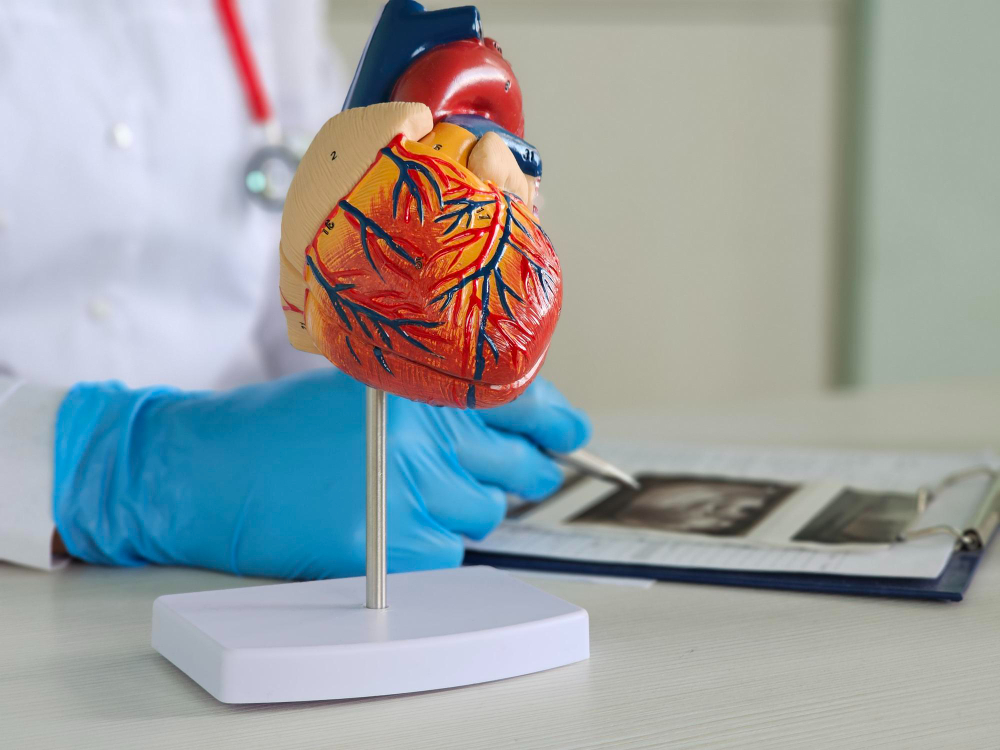Introduction
Left ventricular hypertrophy, or LVH, means the muscle wall of the heart’s left lower chamber becomes thick. This thickening can make it harder for the heart to pump blood. As a result, LVH can lead to serious heart problems if not treated. Early detection is important for good heart health. Many people do not notice symptoms at first. However, LVH can increase the risk of heart failure, irregular heartbeat, and heart attack. Understanding LVH helps you take steps to protect your heart.
Causes and Risk Factors
LVH often develops because the heart works harder than normal. Several factors can cause this extra strain. For example, high blood pressure is the most common cause. Over time, the heart muscle thickens to handle the extra pressure. Other causes and risk factors include:
Additionally, age and certain lifestyle choices, like smoking, can raise your risk. Knowing these factors can help you make healthy changes.
Common Symptoms
Many people with left ventricular hypertrophy do not notice symptoms at first. However, as the condition worsens, symptoms may appear. Some common LVH symptoms include:
Sometimes, these symptoms can be mild. But if you notice any of them, it is important to talk to your doctor. Early treatment can prevent serious problems.
Diagnosis
Doctors use several tests to diagnose left ventricular hypertrophy. First, they will ask about your symptoms and medical history. Next, they may perform a physical exam. Common tests for LVH diagnosis include:
In some cases, your doctor may order more tests to check for other heart problems. Early diagnosis helps guide the best treatment plan.
Treatment Options
Treating left ventricular hypertrophy focuses on the cause and lowering heart strain. Doctors may suggest both medical and lifestyle changes. Common LVH treatment options include:
Sometimes, treating the underlying cause can reverse LVH. Your doctor will choose the best treatment based on your needs.
Prevention and Lifestyle Guidance
While you cannot change some risk factors, you can lower your risk of LVH with healthy habits. For example, you can:
Additionally, regular check-ups help catch problems early. Following your doctor’s advice supports long-term heart health.
When to See a Doctor
If you notice symptoms like chest pain, shortness of breath, or fainting, see a doctor right away. Even if you feel fine, regular heart check-ups are important, especially if you have risk factors. Early care can prevent serious heart problems. Do not wait for symptoms to get worse. Your doctor can guide you on the best steps for your heart health.
Consult a specialist at KURNOOL CARDIAC CENTER for personalized advice and treatment options for left ventricular hypertrophy.

